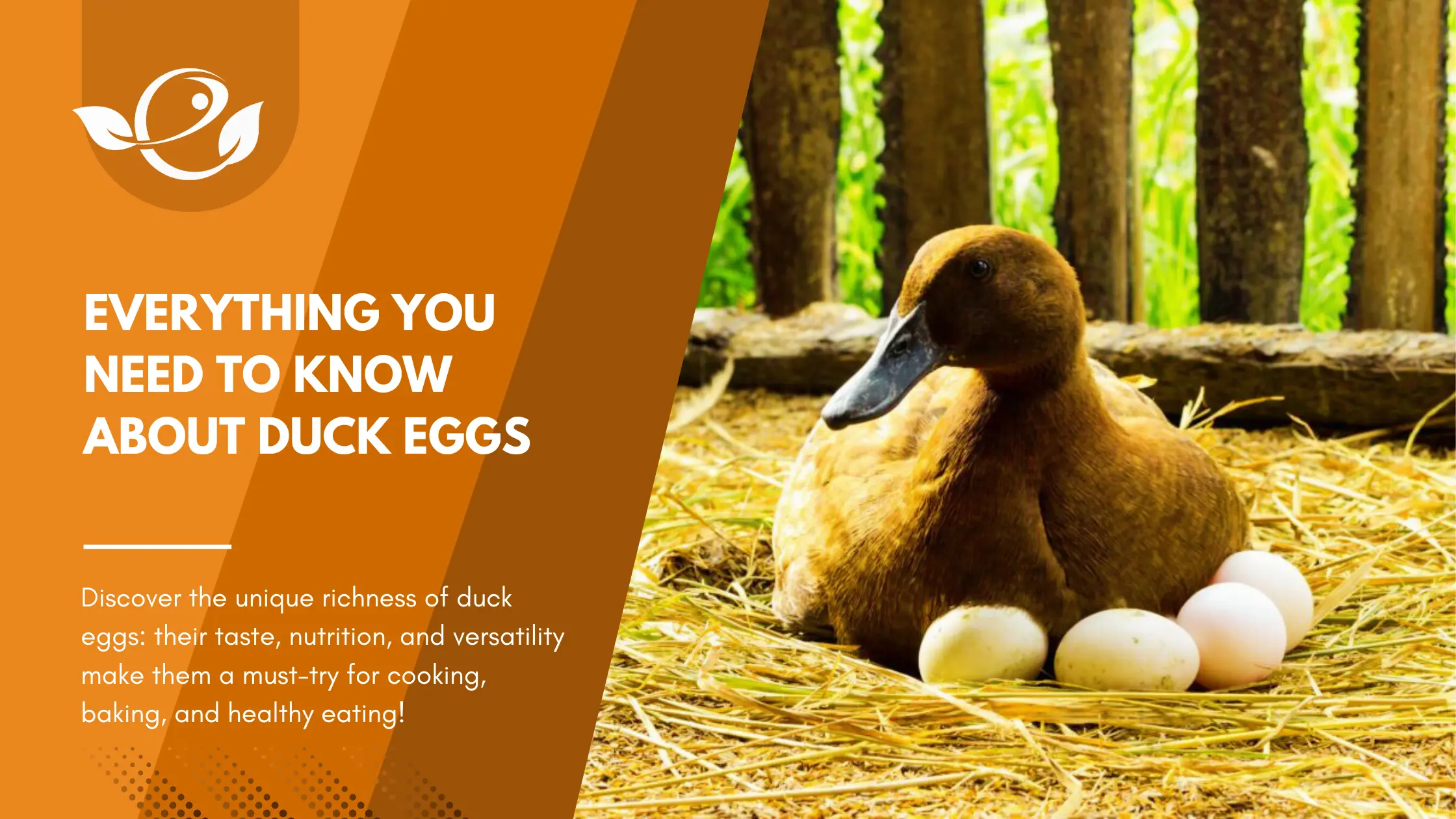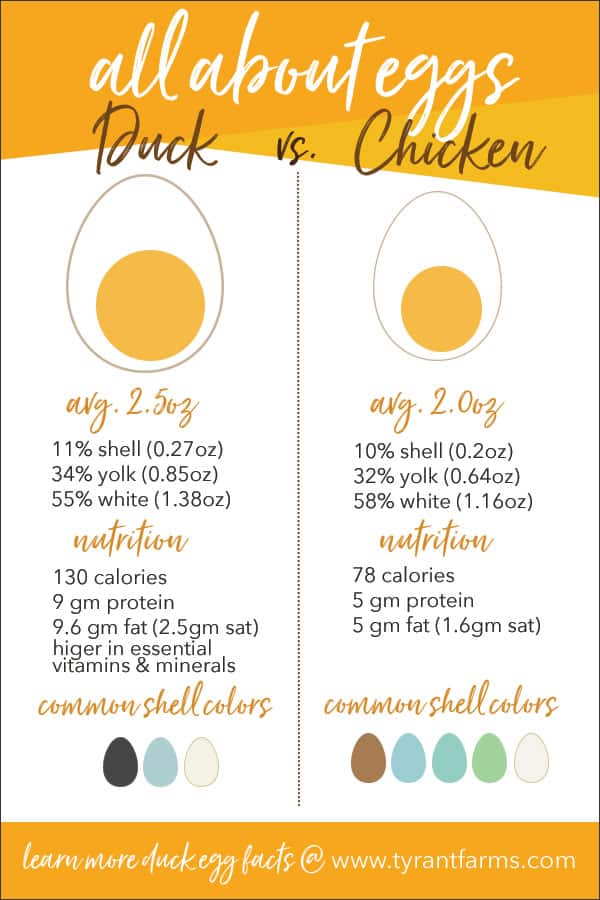Duck eggs have long been a staple in certain culinary and farming circles, but they’re steadily gaining recognition among chefs, bakers, and health enthusiasts worldwide. With their unique flavor, enhanced nutritional profile, and versatility, duck eggs are becoming a sought-after alternative to the more common chicken egg. This guide explores everything you need to know about duck eggs, from their appearance to their culinary uses, nutritional benefits, and more.
Duck Eggs Basics
Appearance and Varieties
Duck eggs are distinctly larger than chicken eggs, often weighing 70–100 grams compared to the 50–60 grams of a typical chicken egg. The shell is not only thicker but also tougher, which helps protect the egg during handling and extends its shelf life. Duck eggs exhibit a diverse range of shell colors depending on the breed:
- Pekin Ducks: Large, creamy white eggs.
- Khaki Campbell Ducks: Beige or lightly tinted eggs.
- Indian Runner Ducks: White to pale green eggs.
- Ancona Ducks: Multicolored shells, ranging from white to gray.
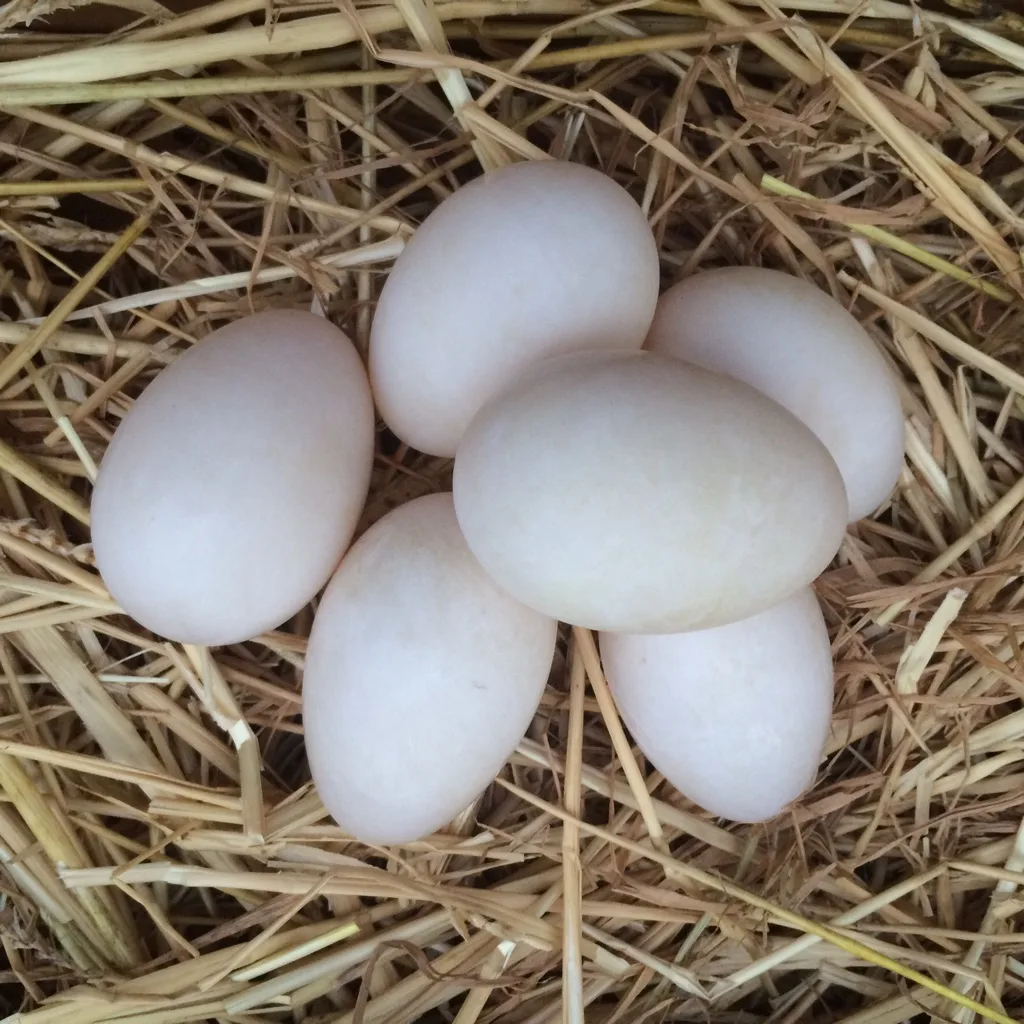
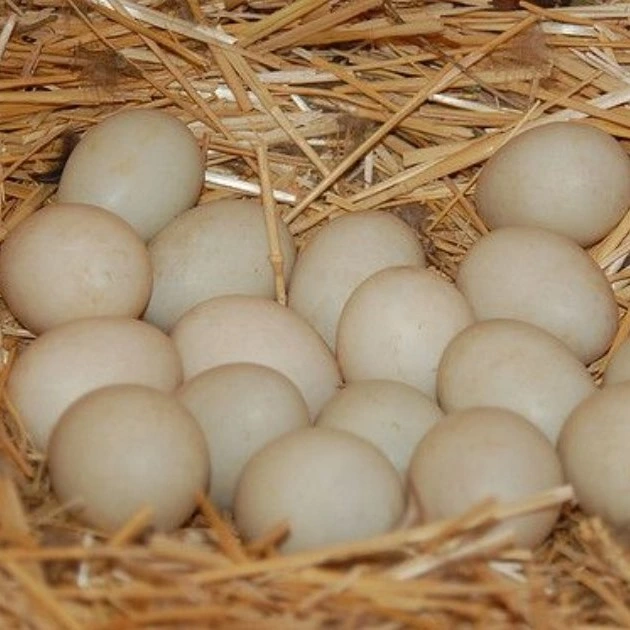
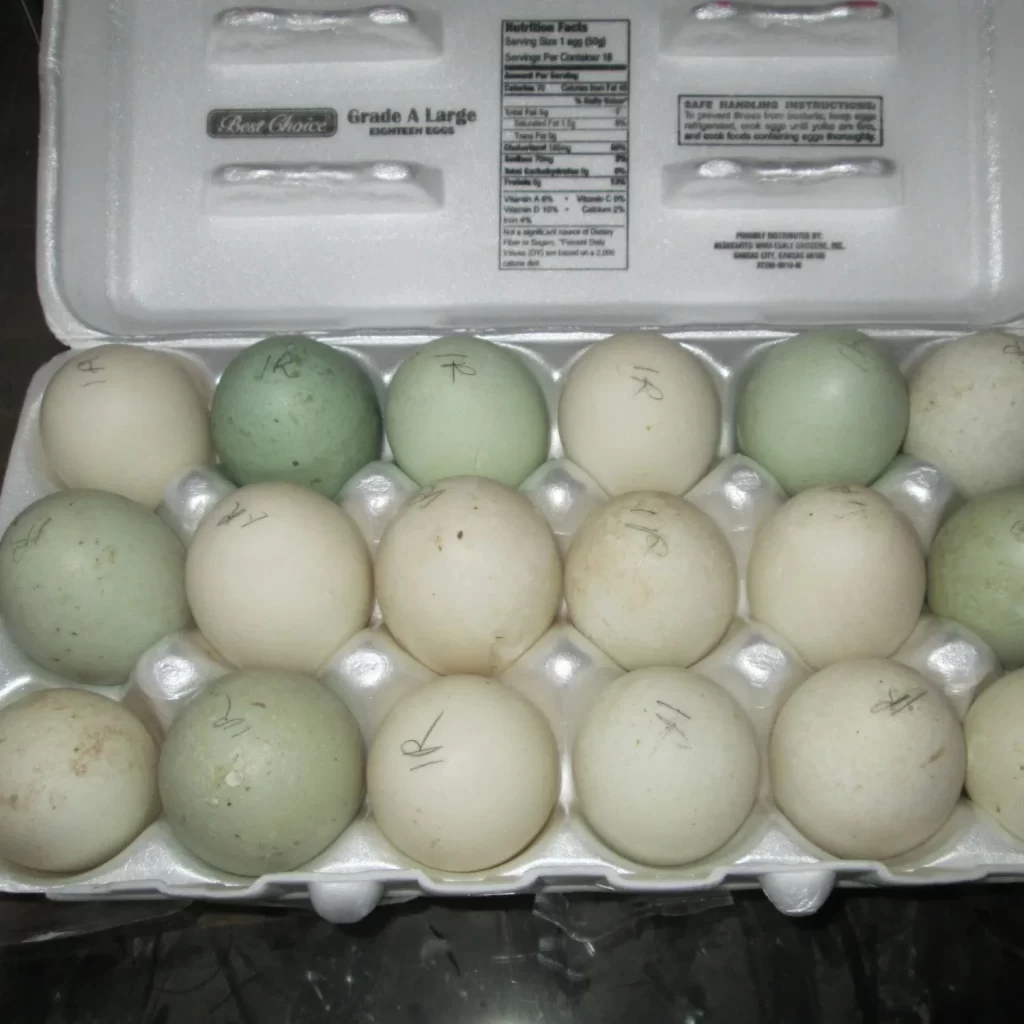
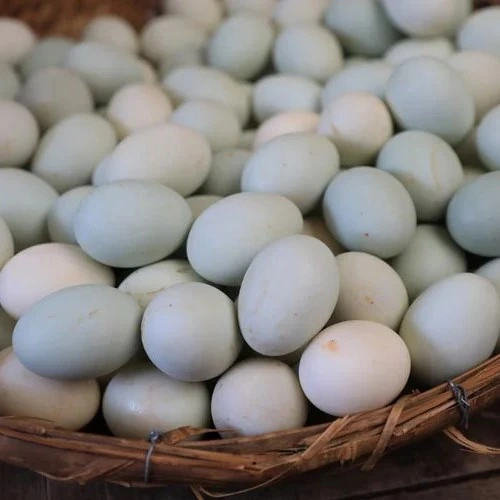
The color of the shell has no effect on the taste or nutritional content of the egg but can add visual appeal.
Taste Profile
The taste of duck eggs is often described as a more intense version of chicken eggs. The heightened richness is due to the elevated fat content in the yolks, which makes them highly favored in gourmet cooking and baking. This bold flavor pairs particularly well with dishes that require a creamy or robust egg flavor, such as custards and quiches.
Texture
Duck eggs have a larger yolk-to-white ratio, with yolks that are deeper in color and creamier in texture. The whites are less watery and firmer, providing structural advantages in baking and a denser texture when cooked. This unique composition makes duck eggs versatile but requires careful cooking to prevent over-hardening, particularly when frying or scrambling.
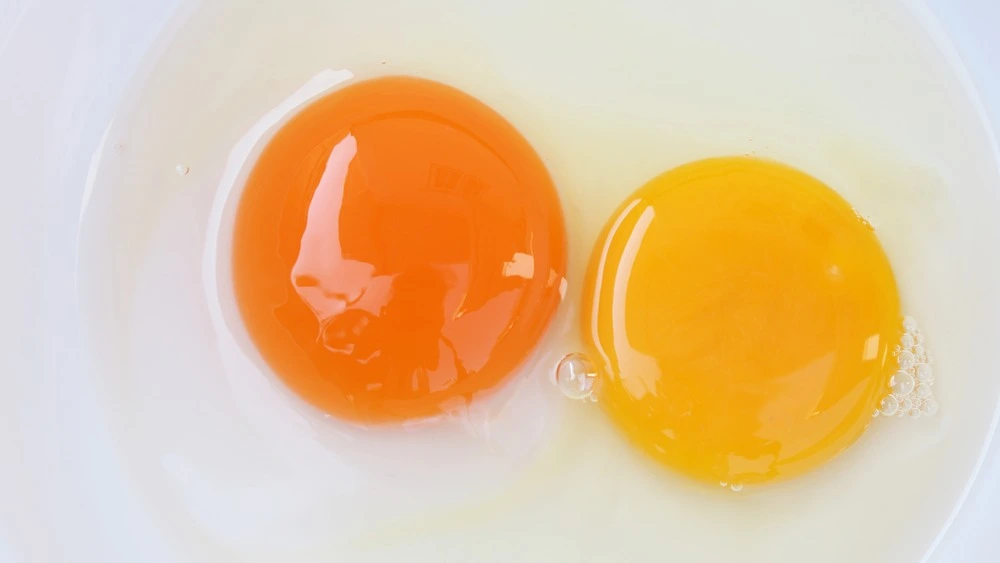
Nutritional Benefits
Duck Eggs vs Chicken Eggs
Duck eggs are nutrient-dense, offering more calories, protein, and essential vitamins compared to chicken eggs:
- Calories: Approximately 130 calories per egg versus 70 for a chicken egg.
- Protein: About 9 grams per duck egg, providing a robust source for muscle growth and tissue repair.
- Vitamins and Minerals:
- Vitamin B12: Essential for red blood cell production and nervous system health; one duck egg supplies nearly the daily recommended intake.
- Vitamin D: Critical for bone health and immune function, especially valuable for those in regions with limited sunlight.
- Omega-3 Fatty Acids: Beneficial for cardiovascular health and brain function.
- Cholesterol and Fat Content: Duck eggs contain around 619 mg of cholesterol, much higher than the 186 mg found in a chicken egg. However, much of this cholesterol is the “good” HDL type, which supports healthy hormone production and cell function. Their fat content, at 9.5 grams per egg, contributes to their creamy texture and rich flavor.
Longevity and Shelf Life
Thanks to their thicker shells, duck eggs last significantly longer than chicken eggs. When stored in the refrigerator, they can remain fresh for 6–8 weeks. Their natural coating, or “bloom,” also protects them from bacterial contamination if left unwashed.
Health Benefits
Duck eggs support:
- Antioxidant Properties: The eggs contain compounds that combat oxidative stress, potentially reducing the risk of chronic diseases.
- Brain and Skin Health: The high omega-3 and vitamin E content promote cognitive function and youthful skin.
- Protein-Rich Diets: Ideal for athletes or individuals seeking muscle recovery, duck eggs provide a concentrated source of high-quality protein.
Culinary Uses
Cooking Techniques
Cooking with duck eggs requires minor adjustments to account for their size and density:
- Frying: Use lower heat and cook slowly to ensure the whites and yolks cook evenly without becoming rubbery.
- Boiling: Increase boiling time by 1–2 minutes compared to chicken eggs. Soft-boiled duck eggs take approximately 7 minutes, while hard-boiled ones require about 12 minutes.
- Scrambling: Beat thoroughly before cooking to distribute the yolk and white evenly, ensuring a fluffier result.
Baking Superpower
Duck eggs are highly valued in baking for their ability to produce superior results. Their larger yolks enhance the richness of cakes, custards, and cookies, while their firmer whites contribute to better structural integrity in soufflés and meringues. Professional bakers often substitute one duck egg for two small chicken eggs, though weighing the eggs for precision is recommended.
International Dishes
Duck eggs are integral to many global cuisines:
- Asian Cuisine:
- Salted Duck Eggs: A delicacy in Chinese cooking, often used in mooncakes or congee.
- Balut: A fertilized, partially developed duck egg, popular in Southeast Asia.
- European Cuisine: Featured in quiches and pastries, where their creaminess adds depth.
- Fusion Dishes: Poached duck eggs served with smoked salmon or asparagus for gourmet breakfasts.
Creative Recipe Ideas
- Custards and Flans: Their richness ensures a smooth, creamy texture.
- Homemade Pasta: Duck egg yolks impart a golden hue and supple texture to fresh pasta dough.
- Ice Cream: Using duck egg yolks results in a luxurious, velvety base.
- Egg-Based Sauces: Hollandaise and Béarnaise sauces benefit from the extra emulsifying power of duck egg yolks.
Farming and Raising Ducks for Eggs
Choosing the Right Breeds for Duck Eggs
The success of raising ducks for eggs largely depends on selecting the right breeds. The most productive and popular egg-laying breeds include:
- Khaki Campbell: Produces up to 340 eggs annually, making it one of the most prolific layers.
- Indian Runner: Known for their upright posture, these ducks lay around 300 eggs per year.
- Pekin: While primarily raised for meat, Pekin ducks are reliable layers of large eggs.
- Ancona and Buff: These breeds lay fewer eggs but are valued for their hardiness and adaptability.
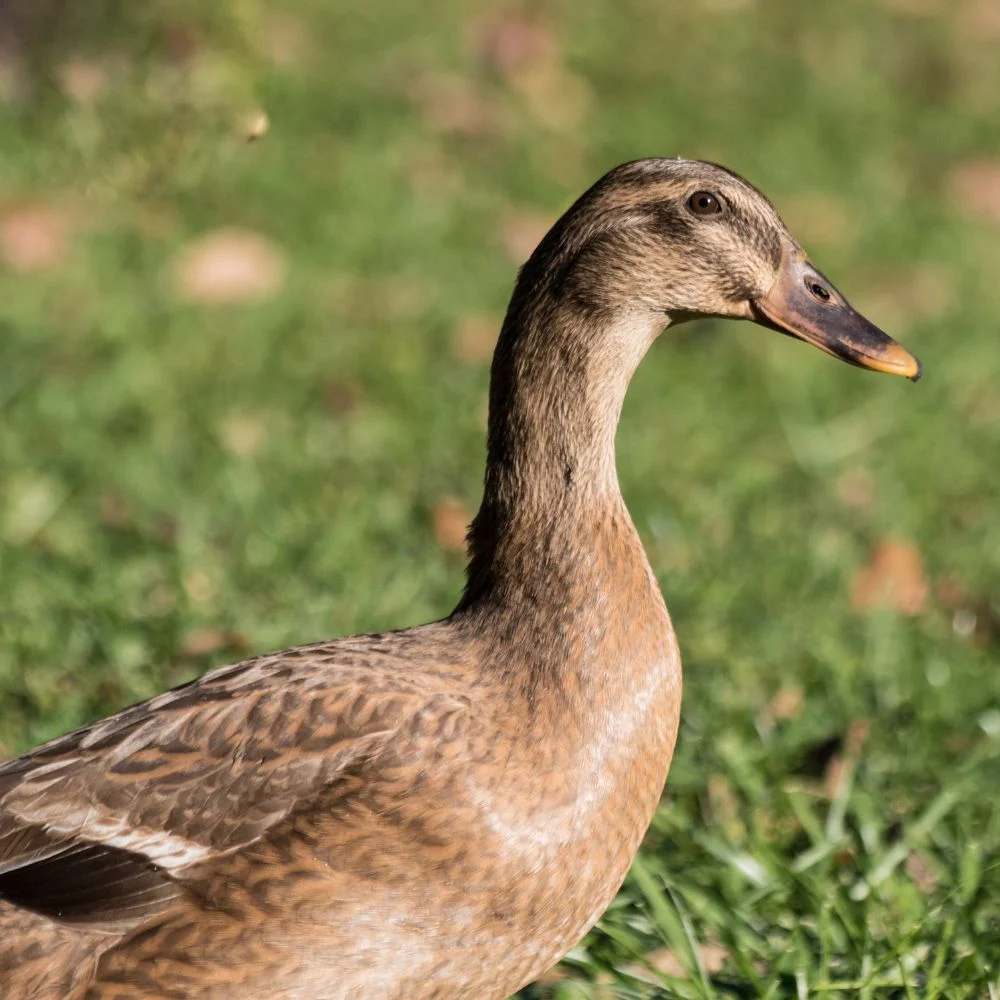
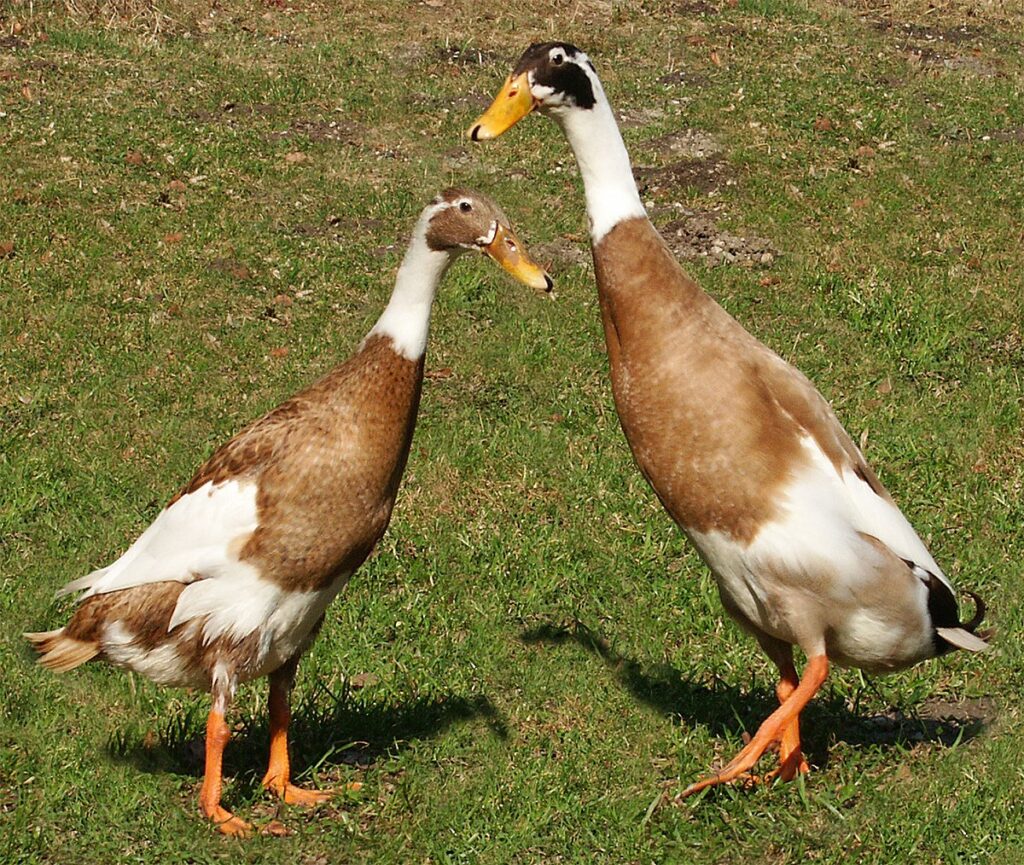
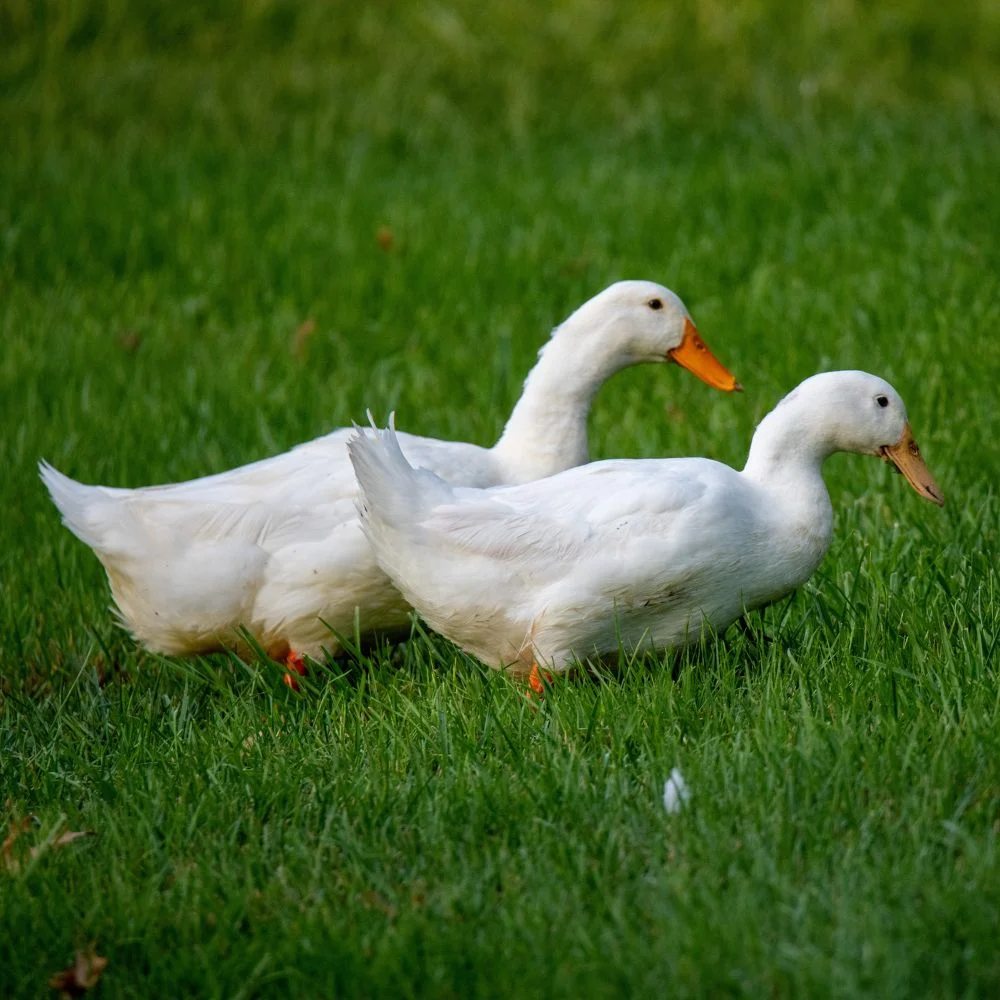
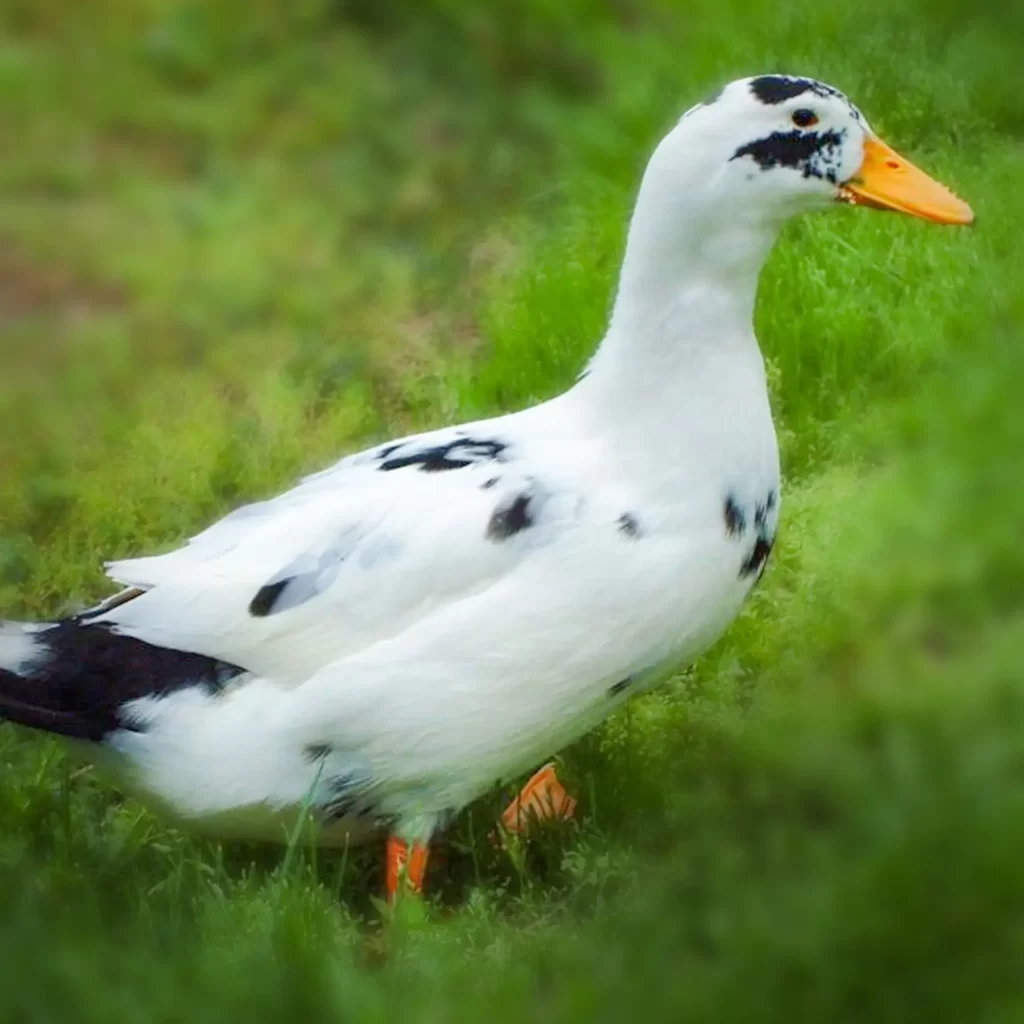
Housing and Environment
- Ducks require safe, predator-proof housing with ample ventilation. The coop should have sufficient nesting boxes, ideally one for every three ducks.
- Unlike chickens, ducks thrive with access to water for bathing, which helps maintain feather health and cleanliness. However, they don’t need a pond—small water tubs suffice.
Feeding and Nutrition
A balanced diet is essential for healthy egg production. Ducks consume more feed than chickens and benefit from a diet rich in protein, calcium, and essential vitamins. Supplementing their diet with kitchen scraps, grains, or free-range foraging enhances the quality of their eggs.
Laying Patterns and Productivity
- Ducks start laying eggs at 16–24 weeks old, often earlier than chickens.
- Unlike chickens, ducks are more resistant to environmental stressors like cold weather and continue laying eggs during winter, although productivity may decline in extreme conditions.
Sustainability and Disease Resistance
Ducks are generally less prone to diseases and parasites than chickens. Their resilience, coupled with longer laying seasons, makes them a sustainable choice for small farms and backyard enthusiasts.
Safety and Allergen Insights
Handling and Storage
Duck eggs have a natural protective coating, or “bloom,” that prevents bacteria from entering the shell. For optimal freshness:
- Store unwashed eggs at room temperature for up to 3 weeks or in the refrigerator for 6–8 weeks.
- Wash eggs only before cooking, as washing removes the bloom and exposes the egg to potential contamination.
Allergen Considerations
Duck eggs are often tolerated by individuals allergic to chicken eggs due to differences in protein composition. However:
- Some people may develop severe allergies to duck eggs, manifesting as digestive discomfort or skin reactions.
- It’s crucial to consult a healthcare professional before incorporating duck eggs into the diet of someone with egg allergies.
Cooking Safety
Because of their dense yolks, duck eggs should be thoroughly cooked to reduce the risk of foodborne illnesses. This is especially important for dishes like custards or sauces where eggs are minimally heated.
Market Insights
Why They’re Pricier
Duck eggs are typically more expensive than chicken eggs due to:
- Limited farming: Duck farming is less widespread, leading to lower production volumes.
- Niche market appeal: Their unique qualities and nutritional benefits make them a premium product.
Where to Buy Duck Eggs
- Local Sources: Farmers’ markets and small farms often sell fresh duck eggs.
- Specialty Stores: Organic grocery stores and Asian markets frequently stock duck eggs.
- Online Retailers: Platforms like farm co-ops or direct farm websites offer delivery options. These sources are particularly useful for regions where duck eggs are scarce
Seasonal Availability
Unlike chickens, ducks can lay eggs in colder months, though production may dip. Seasonal availability depends on the breed, environmental conditions, and farming practices.
Demand in Culinary Markets
Duck eggs are in high demand among chefs and bakers for their richness and superior baking properties. This demand drives up their value in gourmet and specialty food markets.
Pros and Cons of Duck Eggs
Advantages
- Nutritional Benefits:
- Higher protein, omega-3 fatty acids, and essential vitamins compared to chicken eggs.
- Antioxidant properties may contribute to long-term health benefits.
- Culinary Superiority:
- Rich taste and firm whites make them ideal for gourmet cooking and baking.
- Larger yolks enhance recipes that require creaminess, such as custards and pasta.
- Longevity: Thicker shells provide extended freshness, reducing waste for consumers.
Potential Downsides
- Cost: Duck eggs are generally 2–3 times more expensive than chicken eggs due to supply and demand disparities.
- Higher Cholesterol: While offering healthy fats, the elevated cholesterol may not suit individuals with dietary restrictions.
- Availability: Not widely sold in regular supermarkets; purchasing often requires visiting specialty stores or online platforms.
- Cooking Adjustments: Their larger size and different consistency require precise recipe modifications.
Conclusion
Duck eggs are more than just a delicious alternative to chicken eggs—they’re a powerhouse of nutrition and a versatile ingredient that can elevate your cooking and baking. Whether you appreciate their creamy yolks, use them for their superior baking properties, or raise ducks for sustainable farming, these eggs provide benefits that extend beyond the kitchen.
While they may come with a higher price tag and a few adjustments in usage, the advantages of duck eggs—richer flavor, longer freshness, and enhanced nutrition—make them a worthwhile investment for food enthusiasts and health-conscious consumers. By embracing this lesser-known ingredient, you open the door to a world of culinary and nutritional possibilities. So why not give duck eggs a try? You might just find they become a staple in your kitchen and a newfound favorite at your table.
Frequently Asked Questions (FAQs)
1. Are duck eggs suitable for people with dietary restrictions?
Yes, duck eggs can suit various dietary needs, but there are considerations:
Low-carb diets: Duck eggs are ideal for keto or paleo diets due to their high protein and fat content.
Lactose-free diets: Like chicken eggs, duck eggs contain no lactose, making them a suitable protein source.
Cholesterol concerns: Individuals with high cholesterol should consume duck eggs in moderation, as they contain more cholesterol than chicken eggs.
2. Why are duck eggs not as common as chicken eggs?
The scarcity of duck eggs in supermarkets is due to several factors:
Demand and Supply: Duck eggs cater to a niche market, and fewer farms raise ducks compared to chickens.
Storage Challenges: Their thicker shells require different handling processes, which may deter large-scale production.
Consumer Habits: Chicken eggs are more familiar and standardized in recipes, making them a default choice for most households.
3. Can I eat duck eggs raw?
While raw duck eggs are safe when sourced from trusted, clean farms, there is a small risk of salmonella, as with any raw egg. If consuming raw eggs (e.g., in homemade mayonnaise or smoothies), ensure they come from a reputable source and have been properly handled. Pasteurized duck eggs are a safer option.
4. How do you tell if a duck egg is fresh?
To check freshness:
Float Test: Place the egg in water. Fresh eggs sink and lay flat, while older eggs float or tilt upright.
Crack Open: A fresh duck egg will have a firm yolk and whites that don’t spread much.
5. Do duck eggs taste gamey or different?
Duck eggs have a richer, creamier flavor but are not considered gamey. The taste is often described as a more concentrated version of a chicken egg. However, diet and breed can influence the flavor slightly, with free-range ducks producing eggs with a deeper taste due to their varied diets.
6. What is the environmental impact of duck farming?
Ducks are generally more sustainable than chickens in certain aspects:
Foraging Abilities: Ducks are excellent foragers and can thrive on natural diets, reducing feed costs.
Natural Pest Control: Ducks eat insects, slugs, and other pests, making them an eco-friendly addition to farms. However, they require more water for cleaning and bathing, which can increase resource use.
7. Can duck eggs be used in egg-based pasta and desserts?
Absolutely! Duck eggs are prized in homemade pasta for their yolk richness, which enhances texture and color. They also make custards, ice creams, and soufflés creamier and more indulgent due to their higher fat and protein content.
8. Do duck eggs need special care during incubation?
Yes, duck eggs have slightly different incubation requirements compared to chicken eggs:
Temperature: Maintain 99.5°F for most breeds.
Humidity: Higher humidity levels are required, especially during hatching.
Turning: Turn eggs regularly to ensure even development, but stop turning a few days before hatching.
9. How do I clean duck eggs safely?
If you plan to store duck eggs, avoid washing them until use to preserve their natural protective coating. When cleaning:
Use warm water, not cold, to prevent bacteria from entering through the shell.
Scrub gently with a soft brush if needed, especially if the eggs are visibly dirty from the nest.
10. Can duck eggs be dyed for Easter or decorative purposes?
Yes! Duck eggs are excellent for dyeing because their thick shells take on color beautifully. Their larger size and smoother surface also make them ideal for intricate designs.
